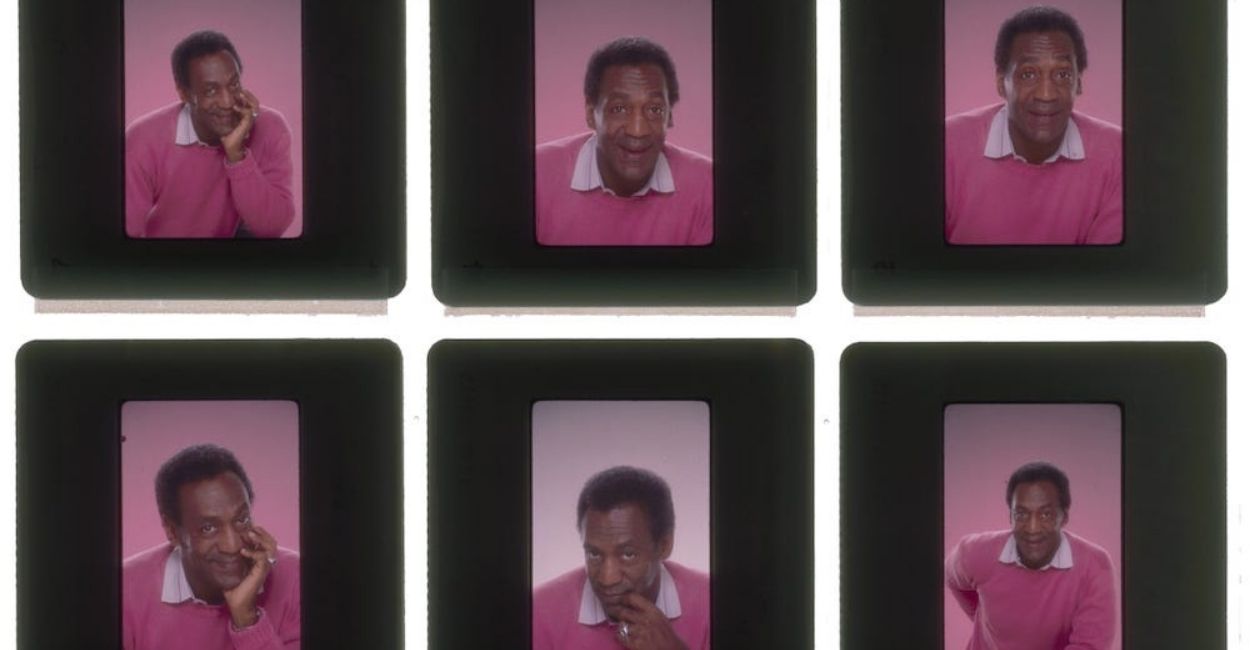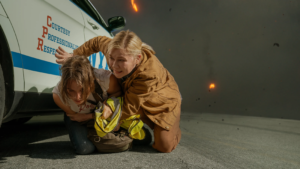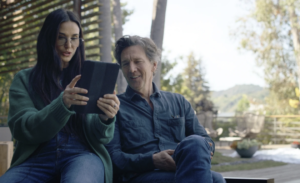
Sydney Sweeney’s charm can’t save Immaculate
After exploring the realms of superhero and romantic comedy, Sydney Sweeney, the versatile actress, adds another feather to her cap with the visually stunning and uniquely captivating film ‘Immaculate ‘.


In my first year attending Sundance as a critic, two particular documentaries about iconic Black Men caught my eye. One centers on Kanye West, and the other focuses on Bill Cosby. The latter documentary bares the title We Need To Talk About Cosby, and it premieres on Showtime this Sunday. In the four-part miniseries, comedian and now-director W. Kamau Bell explores Bill Cosby’s life and work, weighing his actions against his undeniable influence through interviews with comedians, cultural commentators, journalists, and women share their personal encounters with him. The narrative structure that Bell takes does follow a fall from favor template that viewers of a biopic like this will recognize.
I screened the entire miniseries in one sitting, but mainstream viewers will have the chance to see it over four weeks, which I do recommend, as it does get heavy with its material. In the first episode, Bell shows interview clips with commentary from everyday folks to those who have worked with Cosby. From there, we transition into Cosby’s rise into stardom from the comedy clubs to becoming a sex symbol on I Spy to his consecutive Grammy wins for Best Comedy album. Episode 1 also highlights how instrumental Cosby was in bringing Black stuntmen and women to the forefront in Hollywood. The later episodes go into just how iconic Bill was in his prime with everything from commercials to cartoons and, of course, pudding pops.
Bill is a full-fledged superstar by the time we reach The Cosby Show era. Which makes the testimony we hear from the victims in the interview all the more heartbreaking. Moreover, all of the stories we hear carry a particular pattern. Mr. Cosby was America’s dad who used his power and influence to get what he wanted. Like R.Kelly, if we go back to Bill’s earliest work and even his prime era subliminally, Bill always told us who he really was behind closed doors.
Whether it was Bill’s infamous Spanish fly bit or an episode of The Cosby Show that features Cliff Huxtable’s aphrodisiac BBQ sauce, with moments like that in the documentary, one may think that the series is a shaming of Bill Cosby or even director clout chasing. However, I didn’t get that vibe at all. I felt that Bell wants society to realize that our heroes have flaws and there really isn’t a conspiracy behind everything.
There’s a vital moment in the documentary that features Marc Lamont Hill discussing the 1992 New York Times article that reported Bill Cosby wanted to buy NBC from its then-owner General Electric. Many feel, for this reason, the “man” set Cosby up. However, while Cosby could buy NBC, it doesn’t mean they would sell him the Network. In another great scene, comedian Chris Spencer admits that he didn’t believe the accusations until model Beverly Johnson, a black woman, spoke up.
The documentary also highlights how much of a straight shooter Mr. Cosby was regarding journalists. If the media printed news stories about Cosby that weren’t to his liking, Cosby would directly call them and ask for a retraction. In the miniseries’ later episodes, we hear from two of Cosby’s former male costars from Doug E. Doug and Joseph C. Philips. Both men tell similar stories of how Cosby didn’t take any mess and demanded perfection.
When we finally reach Episode 4 of the documentary, it’s around 2007, and Bell brings up points that some may have forgotten. Do you remember when Bill did a rap album? What about his backlash with his viewpoints on Black America? Both topics are touched on here, which may have caused a domino effect. The behavior in the later years of Cosby’s life is possibly one of the reasons that led to Hannibal Buress’s 2014 routine about Cosby and his torrid past.
Viewing the documentary in one sitting was a chore due to the content, which also led me to a few grievances. In the documentary, we never hear from any actors who played the Huxtables. Nor do we hear from Buress. I would’ve also liked to listen to a counter viewpoint from some of Cosby’s defenders to give the documentary another perspective. Additionally, some of the music choices in a few scenes felt emancipative.
In hindsight, I feel that W. Kamau Bell succeeds as a director with We Need To Talk About Cosby, and I recommend the series. Personally, the older I’ve gotten, the harder it is to separate the artist from their real-life persona. We all have free will, and everyone is entitled to his or her opinions about Mr. Cosby. As Bell says in the closing moments of the documentary, “I wanted to hold onto my memories of Bill Cosby. But if we really follow the lessons of that Bill Cosby — to be smart, to be moral, to not just be good but to do good — then we can all help create a world that makes this Bill Cosby, and others like him, impossible to happen.”
Final grade A-
Episode 1 of We Need To Talk About Cosby airs this Sunday on Showtime.
Episode 2 Airs on 6 February
Episode 3 Airs on 13 February
Episode 4 Airs on 20 February


After exploring the realms of superhero and romantic comedy, Sydney Sweeney, the versatile actress, adds another feather to her cap with the visually stunning and uniquely captivating film ‘Immaculate ‘.

In his highly anticipated fourth film as director, the renowned Alex Garland unveils a captivating journey across a dystopian future America in “Civil War.” As the mastermind behind the film’s script, Garland takes us on a thrilling ride alongside a team of military-embedded journalists. They are racing against time to reach DC before rebel factions descend upon the White House.

Andrew McCarthy, a former ‘Brat Pack’ actor who spent a decade honing his directorial talents in episodic television, now brings his unique perspective to features in the appropriately titled ‘Brats’ from Hulu. The term ‘Brat Pack’ was a standard reference among young movie enthusiasts in the 1980s, first coined by writer David Blum after witnessing a group of young actors being overwhelmed by admirers at the Hard Rock Cafe in Los Angeles. The core members of the Brat Pack were often recognized for their appearances in the ensemble casts of two specific films released in 1985: John Hughes’s ‘The Breakfast Club’ and Joel Schumacher’s ‘St. Elmo’s Fire ‘.